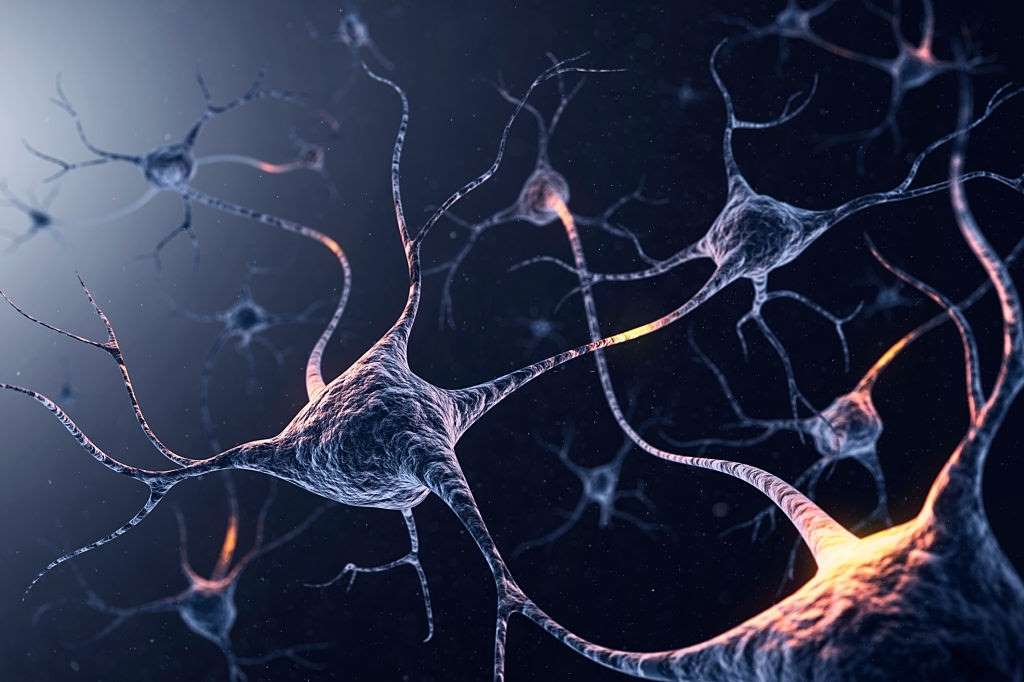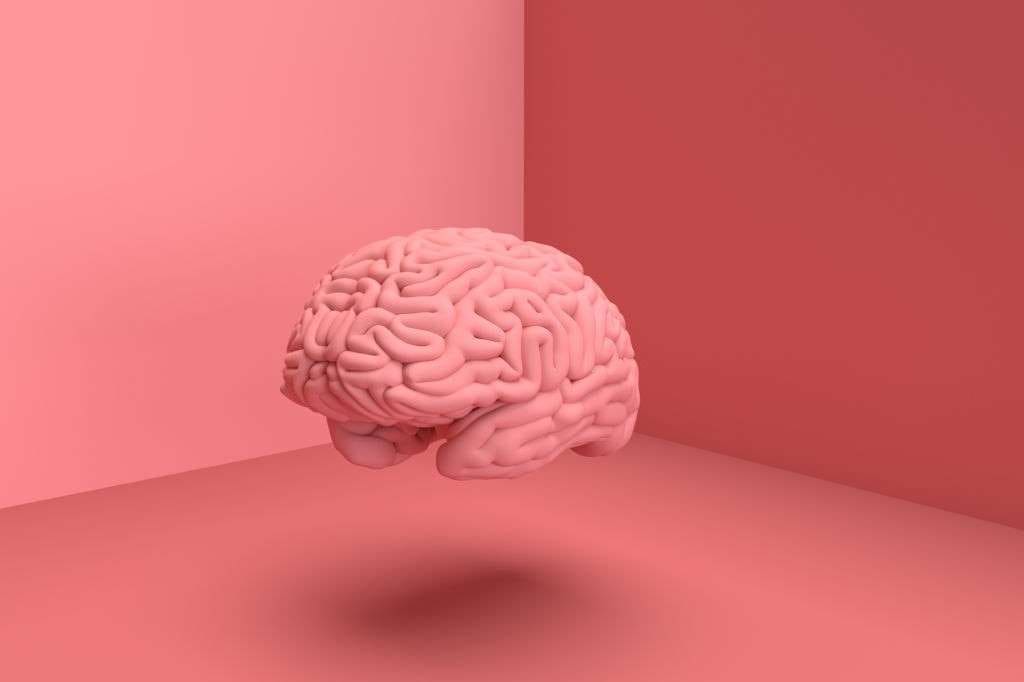You might have noticed the recent influx in the booming cannabis market. People tend to use cannabis-infused products due to their therapeutic health & wellness benefits. But how cannabinoids of the cannabis plants works? The researchers suggest that cannabinoids interact with the endocannabinoid system.
SALE: Buy Premium CBD Gummies!
Each delicious gummy is infused with high-quality CBD to help alleviate pain, reduce stress, and enhance your mental well-being. Perfect for those seeking a natural way to unwind and support overall health.
Buy NowIt is crucial to know how ECS works. The endocannabinoid system – ECS is a complex cell signaling system in the human body. Researchers discovered it when exploring a well-known cannabinoid – THC.
Lets us dig deep into how ECS works!
SALE: Buy Premium CBD Gummies!
Each delicious gummy is infused with high-quality CBD to help alleviate pain, reduce stress, and enhance your mental well-being. Perfect for those seeking a natural way to unwind and support overall health.
Buy NowWhat Is Endocannabinoid System?
The ECS found in the human body regulates numerous body functions and processes, including:
- Sleep
- Pain
- Appetite
- Memory
- Reproduction & fertility
- Mood
The endocannabinoid system exists and works whether you use cannabis or not. Read on to learn about how it works and interacts with cannabinoids.
SALE: Buy Premium CBD Gummies!
Each delicious gummy is infused with high-quality CBD to help alleviate pain, reduce stress, and enhance your mental well-being. Perfect for those seeking a natural way to unwind and support overall health.
Buy NowHow does the Endocannabinoid System Works?
The three core components of ECS are:
- Endocannabinoids
- Endocannabinoid receptors
- Enzymes
Endocannabinoids:
Our body produces Endocannabinoids or endogenous cannabinoids. These endocannabinoids are similar to cannabinoids of the cannabis plant, except our body makes them naturally.
The two primary endocannabinoids are:
- Anandamide – AEA
- 2-Archedonoylglycerol – 2AG
These endocannabinoids are responsible for keeping internal functions running smoothly. However, the level of these endogenous cannabinoids is unknown.
Endocannabinoid Receptors:
Generally, endocannabinoid receptors are present all over the body. When ECS needs to take action, the endocannabinoids bind to these endocannabinoid receptors.
The two primary cannabinoids receptors are:
- CB1 receptors – mostly found in the central nervous system
- CB2 receptors – concentrated throughout the immune system
The endocannabinoids taken for pain relief may target the CB1 receptors in the brain to alter the pain pathways. If your body experiences inflammation, the endocannabinoids may bind with CB2 receptors in the immune system. In this way, ECS controls our numerous body functions.
Enzymes:
Enzymes are essential to proceed with every chemical reaction in the body. The enzymes of ECS break down the endocannabinoids after they perform their function.
The two primary cannabinoids responsible for this:
- Fatty acid amide hydrolase – break down AEA
- Monoacylglycerol acid lipase – typically breakdown 2-AG
What Are the Functions of ECS?

SALE: Buy Premium CBD Gummies!
Each delicious gummy is infused with high-quality CBD to help alleviate pain, reduce stress, and enhance your mental well-being. Perfect for those seeking a natural way to unwind and support overall health.
Buy NowThe ECS is complex to understand, but researchers have linked ECS to the following processes.
- Appetite & digestion
- Metabolism
- Chronic pain
- Inflammation
- Mood
- Learning & memory
- Motor control
- Sleep
- Cardiovascular functions
- Muscle formation
- Bone remodeling and growth
- Liver function
- Reproductive system function
- Stress
- Skin & nerve function
All these functions control the homeostasis of our body. For example, if an outside force, such as pain or injury, throws off your body homeostasis, your ECS kicks in to help your body to regain ideal condition.
How Does THC Interact With the ECS?
Tetrahydrocannabinol, abbreviated as THC, is the primary psychoactive cannabinoid of the cannabis plant. In our body, THC interacts with ECS by binding with cannabinoid receptors, just like endocannabinoids. Also, THC can bind to both CB1 & CB2 receptors to produce head-high & mind-altering effects.
The binding with cannabinoids receptors allows the THC to have a range of effects on your body and mind. For example, intake of THC may reduce pain and improve your appetite. However, it may cause paranoia and euphoria. That is why some people avoid THC and prefer CBD oil and other products with less than 0.3% of THC.
How Does CBD Interact with the ECS?
Cannabidiol, abbreviated as CBD, is a non-psychoactive and non-toxic cannabinoid. Unlike THC, cannabidiol does not cause head-high or euphoric effects.
Experts are researching about How CBD interacts with the endocannabinoid system. However, they know that CBD doesn’t bind with cannabinoid receptors. Instead, they work by preventing the degradation of endocannabinoids and allow them to produce long-lasting effects. Moreover, Some researchers believe that CBD may bind with receptors that are not known.
The details about how CBD work is under debate, but some anecdotal evidence suggest that it is beneficial for relieving some health conditions. Also, CBD may alleviate the symptoms of pain, nausea, multiple sclerosis, and more.
What About Endocannabinoids Deficiency?
According to some experts, the low level of endocannabinoids in your ECS or ECS dysfunction can contribute to managing some health conditions. That is why people use Cannabis-infused products to overcome the endocannabinoid functions.
Generally, the cannabinoids of the cannabis plant are safe and well-tolerated with zero adverse effects. Moreover, You can administer CBD oil or any other product into your daily regime to combat endocannabinoid deficiency.
The Endocannabinoid System:
The endocannabinoid system plays a vital role in the regulation of various body processes. Also, it maintains our internal homeostasis to keep processes stable. But there is still a lot we don’t know about ECS. Only experts can understand better the functioning of ECS and its interaction with cannabinoids of the cannabis plant.

